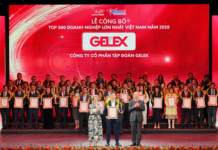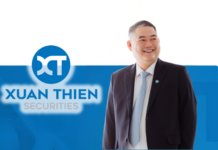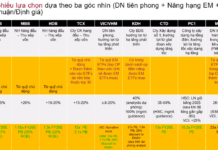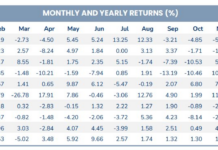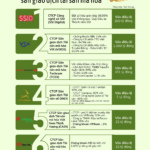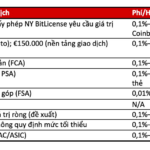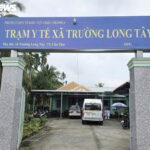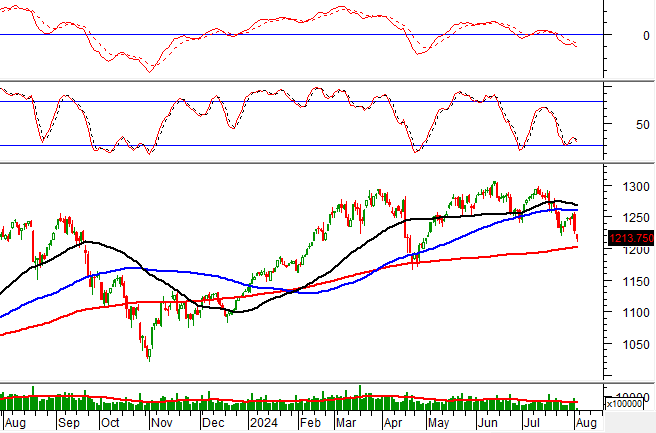
Mr. Phan Duc Trung – Chairman of the Vietnam Blockchain and Digital Asset Association (VBA)
Recently, at the Vietnam Wealth Advisors Summit (VWAS) 2025, an annual forum organized by the Financial Investment Newspaper and the Vietnam Wealth Advisors Community (VWA), Mr. Phan Duc Trung, Chairman of the Vietnam Blockchain and Digital Asset Association (VBA), shared insights on blockchain technology and Vietnam’s digital asset market.
Discussing blockchain technology, Mr. Trung explained that it is a decentralized data processing technology. In the digital transformation process, we begin by digitizing physical documents, then centralizing data into multi-billion-dollar hubs. However, excessive centralization can lead to bottlenecks—and blockchain offers the solution.
“Imagine the banking sector: when credit standardization occurs, peer-to-peer lending emerges; or in transportation: ride-sharing platforms like Uber and Grab revolutionize the industry, creating a ‘sharing economy.’ Blockchain can drive similar transformative changes. In essence, blockchain is the backbone of the digital asset market,” he stated.
Recently, the Vietnamese government issued Resolution 05, promoting the tokenization of real-world assets (RWAs). The focus is on encouraging the tokenization of assets such as real estate and fund certificates.
“If implemented swiftly, by next year, we could see real estate transactions conducted via tokens,” Mr. Trung predicted.
According to the VBA Chairman, in many countries, digital assets are organized into two markets. The first is a digital asset exchange—a model that Resolution 05 aims to establish, similar to a stock exchange.
Mr. Trung cited the Nasdaq stock exchange as an example, noting that it is essentially operated by two private companies: Nasdaq and NYSE. In other countries, there are no state-owned stock exchanges, only private ones. Under Resolution 05, Vietnam will pilot five private exchanges, with no centralized platform. All assets on these exchanges can be tokenized and traded.
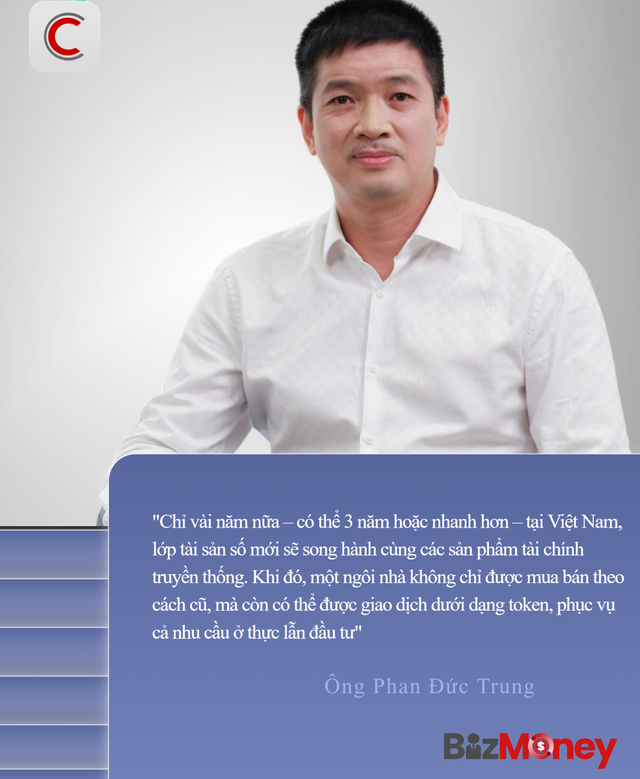
The most notable aspect of Resolution 05, according to Mr. Trung, is that the government recognizes digital assets as a new capital-raising channel. In the real estate market, properties are categorized as residential or investment. However, as the market evolves, these categories will need clear distinction. Digital assets will introduce new investment tools for both individual and institutional investors.
Mr. Trung noted that a wide range of assets can be tokenized. In many countries, these include currency (stablecoins or central bank digital currencies), gold (without physical ownership, via gold tokens), real estate (entire properties as NFTs or fractionalized into tokens), and securities. Just as traditional markets have real estate investment trusts (REITs), digital asset markets will have real estate tokens. Similarly, blockchain will host security tokens alongside traditional stocks.
According to initial forecasts by BCG, by 2030, tokenization will account for approximately 10% of global GDP. Later projections suggest that by 2033, the market could reach $18 trillion.
“This means that within a few years—possibly three or fewer—in Vietnam, this new class of digital assets will coexist with traditional financial products. A house will not only be bought and sold in the conventional way but also traded as a token, serving both residential and investment needs,” Mr. Trung emphasized. He highlighted the significance of Resolution 05 in laying the foundation for a new asset class and opening a novel capital-raising avenue for businesses in the future.
HD Securities Eyes $43 Million Investment in Crypto Asset Exchange
HD Securities Corporation (HDS) is set to launch a rights issue, offering shares to existing shareholders and aiming to raise over 7.3 trillion VND. A portion of the proceeds will be allocated to capitalizing a cryptocurrency trading platform.












